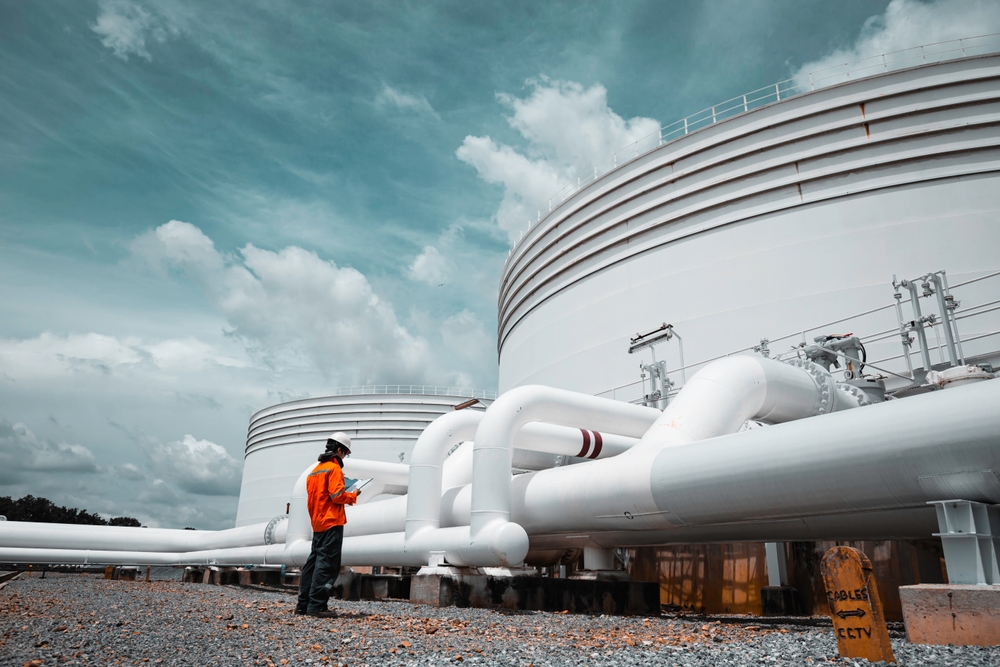
.jpg)
This course teaches the practical aspects of reservoir engineering with an emphasis on evaluating, modelling, and managing reservoir performance. Students will acquire skills for optimising hydrocarbon recoveries, performing reservoir simulations and interfacing with modern engineering processes to improve the efficiency and manageability of operations in a reservoir.
| City | Start Date | End Date | Fees | Register | Enquire | Download |
|---|---|---|---|---|---|---|
| Amsterdam | 23-06-2025 | 27-06-2025 | 6200 $ | Register | Enquire | |
| Cairo | 30-06-2025 | 04-07-2025 | 3950 $ | Register | Enquire | |
| Casablanca | 07-07-2025 | 11-07-2025 | 4950 $ | Register | Enquire | |
| Cairo | 14-07-2025 | 18-07-2025 | 3950 $ | Register | Enquire | |
| Amsterdam | 28-07-2025 | 01-08-2025 | 6200 $ | Register | Enquire | |
| Cairo | 04-08-2025 | 08-08-2025 | 3950 $ | Register | Enquire | |
| Kuala Lumpur | 11-08-2025 | 15-08-2025 | 4950 $ | Register | Enquire | |
| London | 18-08-2025 | 22-08-2025 | 6200 $ | Register | Enquire | |
| Cairo | 01-09-2025 | 05-09-2025 | 3950 $ | Register | Enquire | |
| London | 08-09-2025 | 12-09-2025 | 6200 $ | Register | Enquire | |
| Casablanca | 22-09-2025 | 26-09-2025 | 4950 $ | Register | Enquire | |
| Amsterdam | 29-09-2025 | 03-10-2025 | 6200 $ | Register | Enquire | |
| Cape Town | 06-10-2025 | 10-10-2025 | 5600 $ | Register | Enquire | |
| Madrid | 13-10-2025 | 17-10-2025 | 6200 $ | Register | Enquire | |
| London | 20-10-2025 | 24-10-2025 | 6200 $ | Register | Enquire | |
| Cairo | 27-10-2025 | 31-10-2025 | 3950 $ | Register | Enquire | |
| Kuala Lumpur | 03-11-2025 | 07-11-2025 | 4950 $ | Register | Enquire | |
| Dubai | 10-11-2025 | 14-11-2025 | 4300 $ | Register | Enquire | |
| Madrid | 17-11-2025 | 21-11-2025 | 6200 $ | Register | Enquire | |
| Casablanca | 01-12-2025 | 05-12-2025 | 4950 $ | Register | Enquire | |
| Cape Town | 08-12-2025 | 12-12-2025 | 5600 $ | Register | Enquire | |
| Cairo | 22-12-2025 | 26-12-2025 | 3950 $ | Register | Enquire |
This applied course in reservoir engineering is designed for individuals looking to deepen their understanding of petroleum reservoir engineering. It provides a clear comprehension of real-life techniques used to enhance the recovery of oil and gas.
The course covers various aspects of reservoir engineering, from the inception of the reservoir to primary and enhanced oil recovery developments. Key subjects include reservoir simulation and enhanced oil recovery modeling, emphasizing principles and practices in petroleum reservoir engineering.
By the end of this dynamic applied reservoir engineering course, participants will:
Unit 1: Reservoir Engineering Fundamentals
Unit 2: Oil Recovery Methods
Unit 3: Original Hydrocarbon in Place Determination
Unit 4: Well Testing and Inflow Performance
Unit 5: Introduction to Reservoir Simulation
This course on reservoir engineering is specifically tailored for oil and gas engineers, providing both hands-on and theoretical knowledge relevant to the industry. Participants will become familiar with advanced methods in reservoir engineering, including modern software and best practices in applied petroleum reservoir engineering.

.jpg)

.jpg)
.jpg)














